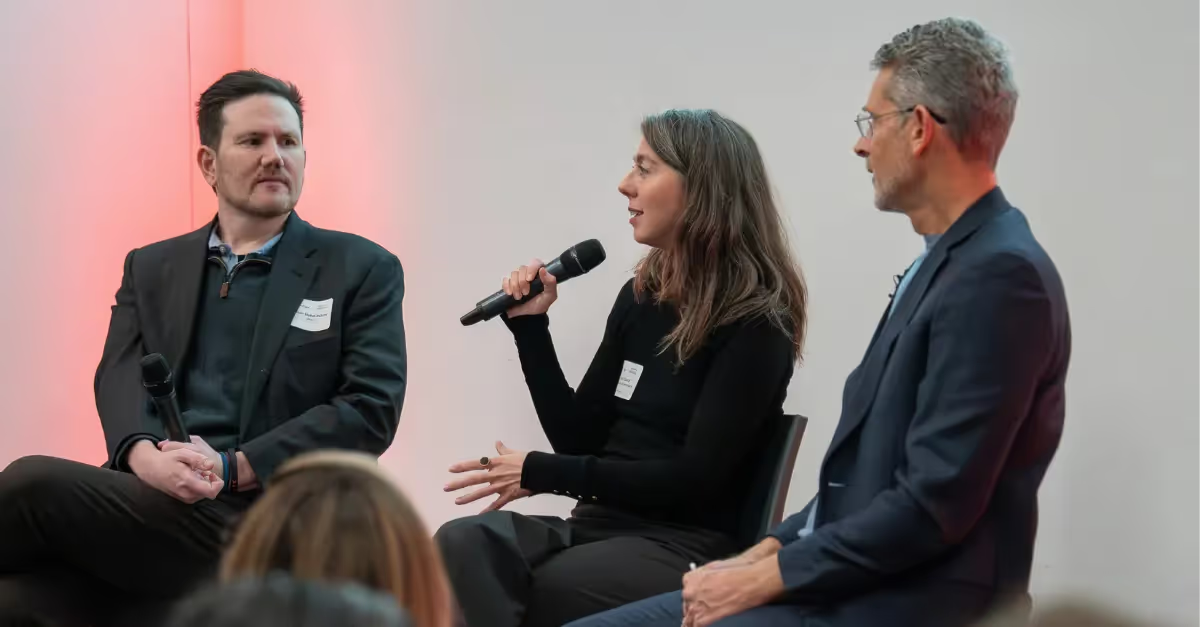How Boards Can Spot AI Hype and Prevent Costly Overruns

Amid the scramble to adopt AI tools, board members and executives have been accused of having FOMO: Fear of Missing Out. Usama Fayyad, the executive director of the Institute for Experiential AI at Northeastern University, has observed another emotion among boards: FOBO, or Fear of Becoming Obsolete.
Fayyad shared his advice for boards and gave other insights with a group of AI leaders in a webcast organized by the Financial Times/Agenda titled "The Boardroom Guide to AI: Spotting Hype and Managing Costs” on Sept. 25.
The panel discussion aimed to provide board members with the knowledge they need to make sound decisions regarding AI investments at their companies. Agenda Senior Reporter Anna Bianca Roach moderated the discussion, which also featured Hermit Tech Executive Director Nikhil Suresh and AllAI Consulting Founder Masheika Allgood.
"We're trying to understand more about the challenges of implementing AI in order to equip board members to make the best decisions related to AI investments being rolled out at their companies," Roach said.
Implementing AI Intelligently
Fayyad explained why it’s important for board members to understand the strengths and limitations of AI as their companies launch AI projects.
“I tell boards you need to think of this like a bicycle race. You should probably avoid going to the front, it’s too risky, but you should make sure you’re a part of the race,” said Fayyad, who estimated he’s discussed AI strategy with at least 60 boards around the world for companies of all types. “Someone in your industry — hopefully not your competitor — is going to discover where the business advantage lies in using this technology, and if you’re not ready and haven’t exercised these muscles, it will be too late to close the gap.”
Allgood discussed the tendency for AI projects to widen in scope as organizations scramble to adopt the technology across departments.
“Cost overruns happen with AI because people think it’s going to work, and if it doesn’t work in the initial application, it’ll work in the next one,” Allgood explained. “I think it’s very important to have a clear scope and definition of success for your AI projects. Then you need a framework for how you decide when it’s time to quit.”

Structuring AI Projects for Success
Suresh discussed the characteristics of AI projects that board members and executives can look for when evaluating AI tools, even if they lack a technical background.
"If you hear people talking about very boring infrastructure or culture changes, I think that's a green flag," Suresh said. "A big red flag is if your chief data officer doesn't have any dashboards with metrics on what percentage of your AI tools are actually being used. That's probably a sign a lot of stuff is being done in a senseless way."
Fayyad also gave some advice for AI projects, including to focus on projects with a narrow scope that leverage an organization’s highest-quality data. He said AI projects run over budgets because of compute costs, one reason why he’s against using large language models (LLMs) in most organizations.
More broadly, Fayyad discussed the importance of having a human in the loop with any AI system. To make his point, he gave the example of a customer support agent.
“Resist the temptation to have the AI answer questions on its own,” Fayyad said. “Instead, let it speed up the customer service representative. If you increase their efficiency, they can handle a lot more calls and they can correct AI when it gets things wrong, and they can inject commonsense reasoning, which has been a longstanding problem in the field of AI.”
Overall, Fayyad said board members need to evaluate AI projects the same way they evaluate any other projects in their businesses.
“The biggest things to ask yourself are what is the business value, what is the ROI, and why exactly are we adopting this technology?” Fayyad said. “I see a lot of projects in AI driven by the fear of missing out. Don’t get caught up in the hype.”
Schedule a strategy session with our experts to discuss how the Institute for Experiential AI can help your board navigate the evolving impact of AI.




